GitHub is the service with the largest market share. Still, ever since Microsoft bought it out last year, people have migrated off the platform to Bitbucket. Nonetheless, in that time, Microsoft has not affected the day-to-day workings of most development teams, be they on private, internal code or open-source work.
The Interface
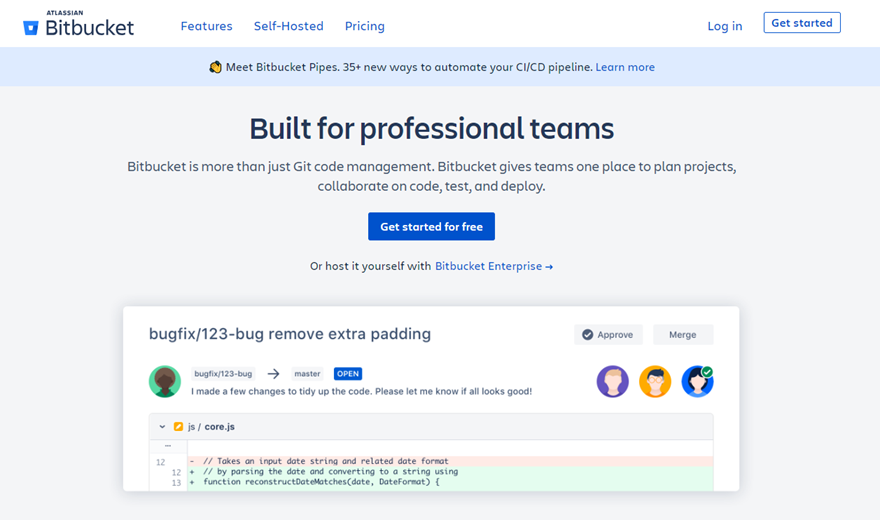
When it comes to aesthetic and ease of use, the client is a lot more in line with what Bitbucket’s web interface has to offer. GitHub’s interface may not be as pretty and stylish as Bitbucket’s, however it is functional, and it works – pure utility paradise. Majority of GitHub developers work through the command line anyway, so the website’s aesthetics are irrelevant. It is not confusing to use it, but it is not exactly forthright all the time, either.
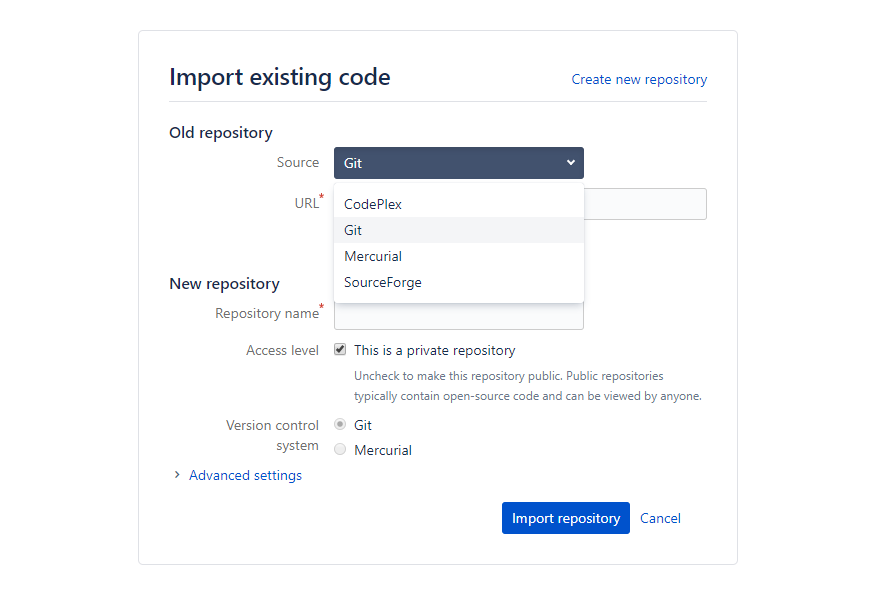
Free and Private Repos
At one point, Bitbucket’s strongest selling point was its ability to create public repos for free, while private ones were for paying members only. However, GitHub now offers unlimited free private repositories. You can create as many as you want, at absolutely no cost. There is a catch though; you can only have three contributors to the repo (minus yourself). Therefore, if you are on a large development team, you will still have to pay.
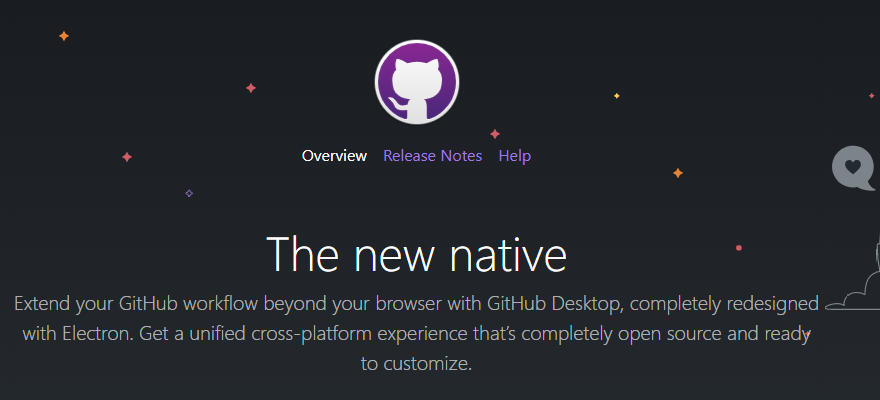
Boards and Wikis
While Atlassian’s ownership of feature-rich Trello gives them an edge by being able to integrate directly with Bitbucket, GitHub on the other hand has a built-in Kanban solution in the Projects tab. Thus, every single project you create is its own board, allowing for lots more planning and documentation.
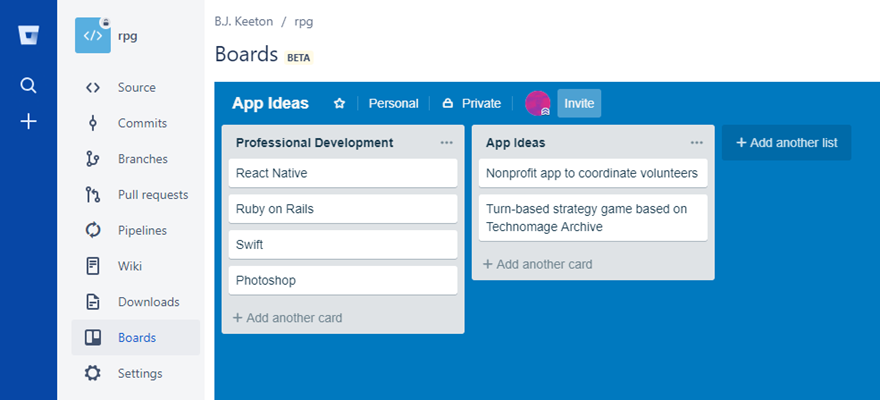
However, one drawback with GitHub is that even with free private repositories they cannot have a wiki. On the other hand, a free, public repo, can contain a wiki. If you are a paying member, your private repos can also have wiki access. While this may not be a big deal for most people, it can be a little frustrating when you have to go through some hackey steps to get Project boards, Readme, and Issues to function as documentation.
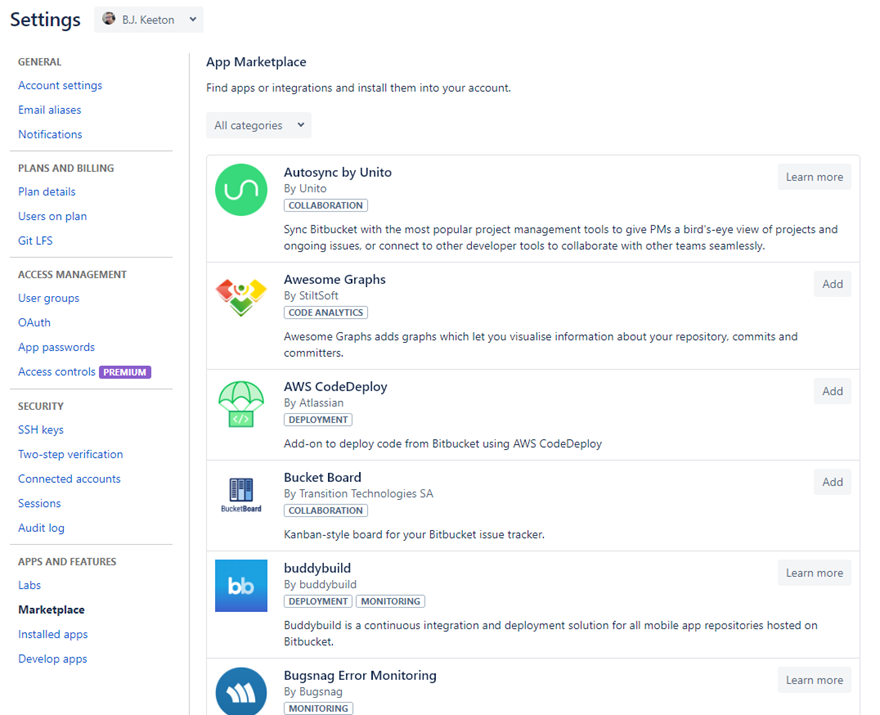
Conclusion
So, between GitHub and Bitbucket, which is better? It really boils down to what service you are looking for and which demographic you are targeting. Either will get your work done and give you good service.
If you are a small development team, either will work almost exactly the same for you. However, if you are new to Git, Bitbucket is a little more forgiving and easy to use as you learn the workflow. If on the other hand you are interested in open-source development, GitHub is the main hub for that.
It is also a toss-up for business solutions, as the paid plans are pretty similar. While Bitbucket may specialize in business clients, offering solutions under one roof via Atlassian’s overall suite, GitHub is the key platform in open-source and public code, if your company is involved in that.
You cannot go wrong with either.




